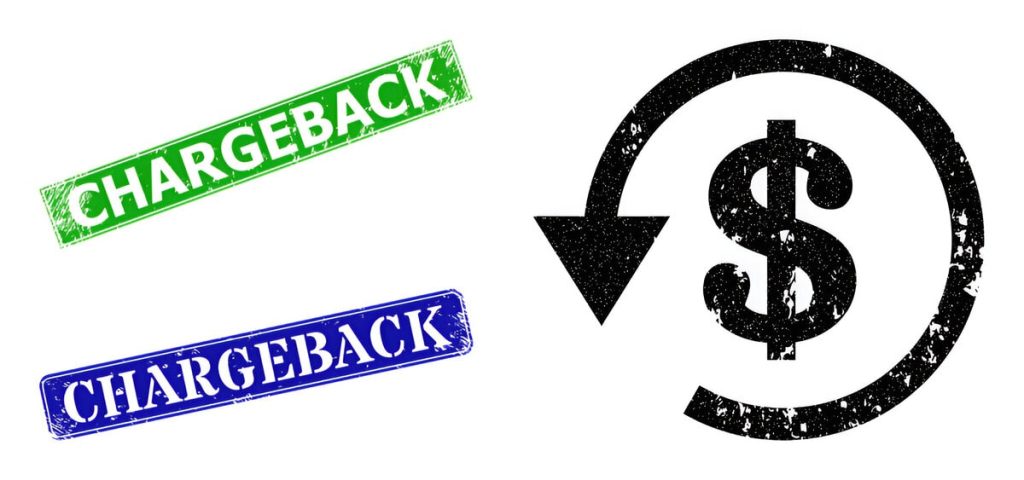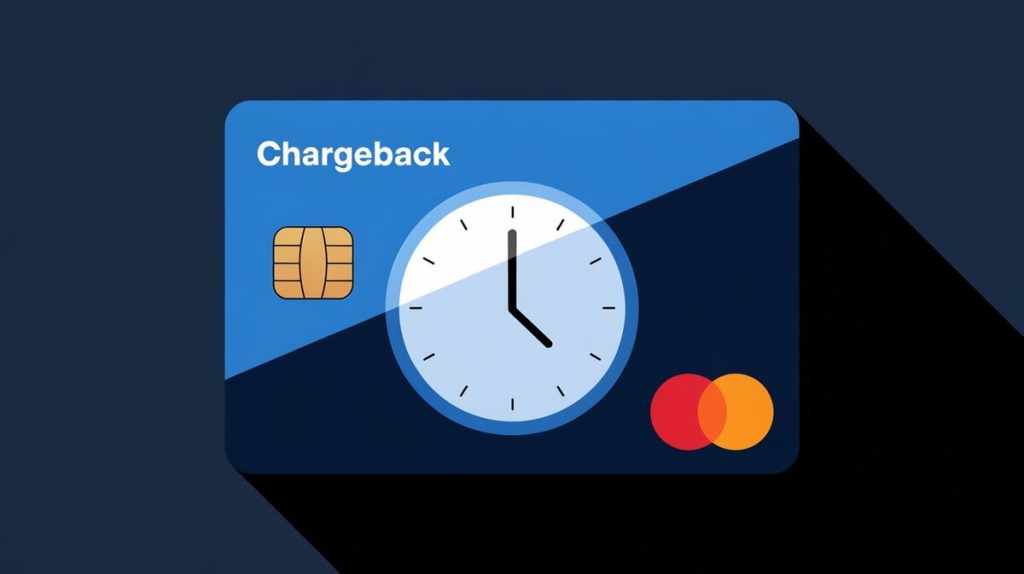Chargebacks are a key aspect of credit card processing that cardholders and merchants must understand. For Mastercard, knowing the specific chargeback time limits and processes is crucial for avoiding financial losses and maintaining compliance with payment networks. This article outlines the essential facts about Mastercard’s chargeback time limits, details the chargeback process, and provides actionable steps for both merchants and cardholders.
Introduction to Chargebacks
Chargebacks occur when a cardholder disputes a transaction and requests a refund through their issuing bank. This process protects consumers from fraud, unauthorized transactions, and merchant errors but can be challenging for merchants due to strict timelines and requirements.
Key Terminologies in the Chargeback Process
Chargeback Reason Codes: Alphanumeric codes representing the reason for a chargeback, such as fraud or non-receipt of goods. These codes come with specific time limits for filing disputes.
Central Site Business Date (CSBD): The starting point for calculating chargeback time limits, typically the date when the transaction was processed or when the order was delivered.
Mastercard Chargeback Time Limits
Cardholder Time Limits
Cardholders generally have 120 days from the Central Site Business Date (CSBD) to initiate a chargeback. This period can extend up to 540 days in certain cases, such as disputes involving recurring transactions or extraordinary circumstances like natural disasters.
Key exceptions:
- Recurring Billing: The 120-day period may start from the date of the most recent transaction.
- Unspecified Delivery Dates: When the delivery date is not specified, the chargeback period begins 120 days after the transaction date.
| Reason Code | Description | Time Limit |
|---|---|---|
| 4837 | No Cardholder Authorization | 120 days |
| 4849 | Questionable Merchant Activity | 120 days |
| 4853 | Goods or Services Not Provided | Up to 540 days |
| 4850 | Installment Billing Dispute | 120 days |
| 4870, 4871 | Chip/PIN Liability Shift | 120 days |

Merchant Time Limits
Merchants typically have 45 days to respond to a chargeback. The response time for a request for information is 18 days. If the dispute escalates to arbitration, the merchant has 30 days to accept pre-arbitration before facing potential fees and penalties.
| Action Required | Time Limit |
|---|---|
| Responding to Chargeback | 45 days |
| Providing Additional Information | 18 days |
| Accepting Pre-Arbitration | 30 days |
Missing these deadlines results in automatic acceptance of the chargeback, financial penalties, and inclusion in Mastercard’s Excessive Chargeback Program.
The Chargeback Process
The chargeback process involves several stages, each with its own time limits:
- First Presentment: The initial transaction and the point where funds are credited to the merchant’s account.
- Request for Information: The issuing bank may request more information from the merchant. If the merchant fails to respond, the dispute escalates to a chargeback.
- First Chargeback: If unresolved, the transaction amount is refunded to the cardholder. The merchant has a set period to contest it.
- Second Presentment: The merchant can fight the chargeback by providing evidence.
- Pre-Arbitration: If the issuing bank finds the evidence insufficient, the case moves to pre-arbitration. The merchant can either accept the loss or proceed to arbitration.
- Arbitration: Mastercard reviews the evidence and makes a final decision. The losing party may incur fees.
| Stage | Description | Time Limit |
|---|---|---|
| First Presentment | Initial transaction | N/A |
| Request for Information | Issuing bank requests more information | 18 days |
| First Chargeback | Merchant responds to chargeback | 45 days |
| Second Presentment | Merchant submits evidence to contest chargeback | 45 days |
| Pre-Arbitration | Issuing bank reviews evidence | 30 days |
| Arbitration | Mastercard makes the final decision | 10-75 days |

Special Circumstances
In exceptional situations, such as natural disasters, Mastercard and issuing banks may extend chargeback deadlines to accommodate the challenges faced by customers and merchants. However, these extensions are not guaranteed and depend on specific circumstances.
Consequences of Missing Deadlines
For Cardholders: Missing the 120-day window usually means losing the ability to dispute the transaction.
For Merchants: Missing response deadlines results in automatic acceptance of the chargeback, additional fees, and possible inclusion in Mastercard’s Excessive Chargeback Program.
Best Practices for Managing Chargebacks
For merchants, managing chargebacks effectively is critical to avoiding financial losses. Here are some best practices:
- Monitor Transactions: Regularly review sales data for any suspicious activity. Use fraud detection tools.
- Respond Promptly: Always respond to chargeback requests within the stipulated timeframes.
- Maintain Records: Keep comprehensive records of all transactions, including invoices, customer communication, and delivery confirmations.
- Use Chargeback Management Tools: Employ automated tools that help monitor, respond to, and manage chargebacks efficiently.
Merchants looking to minimize chargebacks and protect their revenue should consider partnering with Merchanto.org, an official partner of VISA and MasterCard in the chargeback prevention sector. Learn more here.
Conclusion
Understanding and adhering to Mastercard’s chargeback time limits is essential. Cardholders have a broad window to dispute transactions, while merchants must act quickly to protect their revenue. By following best practices and staying informed about the latest guidelines, businesses can effectively manage chargebacks and maintain compliance with payment networks.



